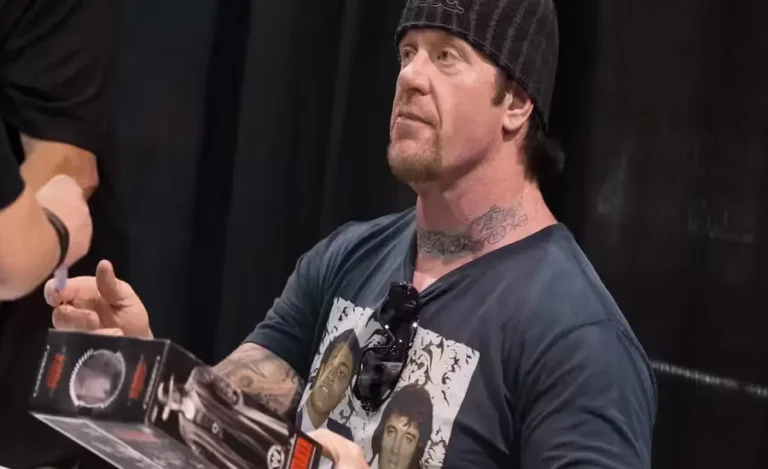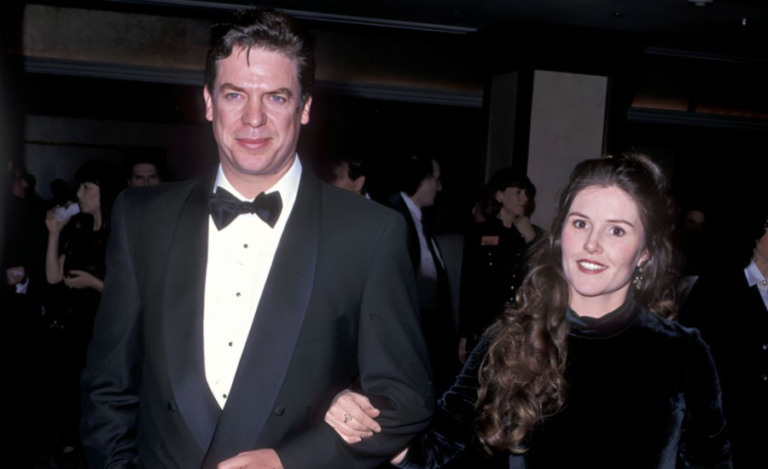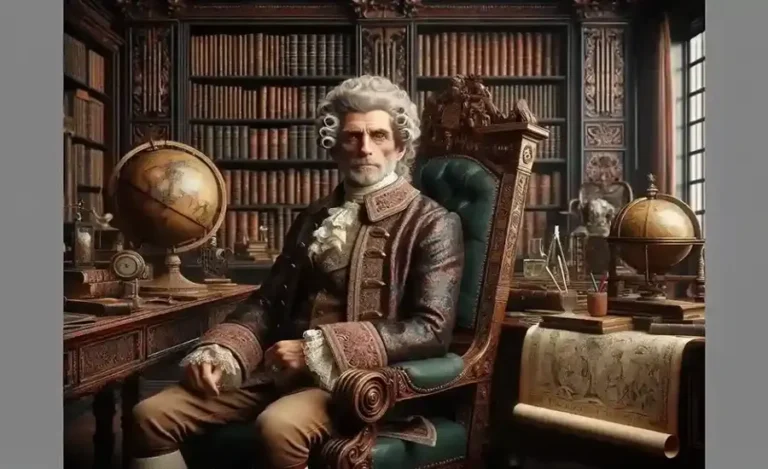Rap-Quotes.com Blog Archives: Iconic Rap Lines in Hip-Hop History
Introduction
Rap-Quotes.com Blog Archives is more than just a blog; it’s a digital museum celebrating the art of hip-hop. Here, legendary lines and influential verses from rap’s top artists are preserved and analyzed, adding context to some of the genre’s most profound moments. Hip-hop is a powerful medium that tells stories of resilience, struggle, and triumph, and Rap-Quotes.com captures this ethos by focusing on the poetic prowess embedded within these lyrics. This article dives into how Rap-Quotes.com archives iconic rap lines, explores their impact on hip-hop culture, and traces the genre’s evolution.
The Essence of Rap: Why Lyrics Matter
Hip-hop lyrics are more than just words—they are a vehicle of self-expression and social commentary. From Tupac Shakur’s intense reflections on race and identity to Nas’s intricate storytelling, rap lyrics have shaped music and culture. These words can impact minds, challenge norms, and speak for communities often neglected. By diving into the archives at Rap-Quotes.com, fans and students of the genre gain insights into how these lyrics illuminate societal struggles, personal experiences, and cultural shifts.
Origins of Hip-Hop: From the Streets to the Mainstream
Hip-hop originated in the Bronx during the 1970s as a movement rooted in the streets, with DJs and MCs rhyming over breakbeats. Its raw energy and authenticity captured the voices of the marginalized, quickly establishing hip-hop as a culture that could resonate across neighborhoods. Over time, iconic lines from early pioneers like Grandmaster Flash and the Furious Five began echoing through America and beyond. Rap-Quotes.com Blog Archives meticulously preserves these verses, capturing the stories of how lines like “It’s like a jungle sometimes, it makes me wonder how I keep from going under” (“The Message”) gave voice to the socio-political climate of the era.
Evolution of Lyricism in Hip-Hop
While early rap focused on the basic aspects of rhyming and rhythm, the genre has since evolved, with lyricism reaching impressive levels of complexity. Artists like Rakim, Nas, and Eminem introduced multi-syllabic rhyming and intricate wordplay, setting new standards for what constituted great rap lyrics. The archives at Rap-Quotes.com showcase how this evolution reflects the maturation of the genre, revealing a shift from raw, unfiltered expression to refined storytelling and social analysis.
Subgenres and Their Impact on Lyrics
- Gangsta Rap – Birthed on the West Coast with artists like N.W.A, gangsta rap presented unfiltered depictions of street life. These lyrics were often controversial, highlighting the tension between artistic expression and censorship.
- Conscious Rap – Artists like Mos Def and Talib Kweli made lyrics that encouraged listeners to reflect on societal issues, spreading messages about politics, race, and environmentalism.
- Trap Music – Originating from Atlanta, trap brought a unique sound paired with themes of hustle and survival. Artists like T.I. and Gucci Mane helped establish trap as a subgenre that combined dark beats with stark storytelling.
By looking at lyrics through the lens of these subgenres, Rap-Quotes.com dissects how each style offers a unique perspective on society, making hip-hop a genre as diverse as the stories it tells.
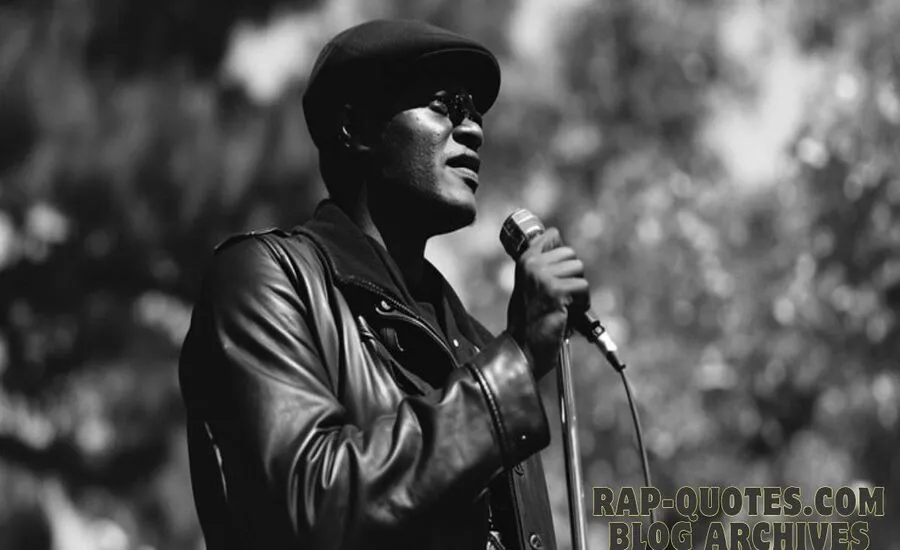
Deciphering Iconic Rap Lines: Analyzing Key Lyrics in History
Some rap lines are timeless, standing out not just for their wordplay but for the impact they have on listeners. Rap-Quotes.com has archived thousands of these lines, offering fans and researchers an opportunity to understand the layers behind each one. Below are examples of iconic lyrics and the stories they tell.
- “I got 99 problems but a [problem] ain’t one” – Jay-Z
This line by Jay-Z highlights the duality of success in hip-hop. While on the surface, it conveys resilience and triumph, it also nods to the challenges of fame and the balance between material success and personal peace. - “Fight the power” – Public Enemy
Public Enemy’s call to “fight the power” became an anthem for resistance, embodying the collective frustration of marginalized communities. It’s not just a lyric; it’s a rallying cry that symbolizes unity and defiance. - “I’m not a businessman; I’m a business, man!” – Jay-Z
Jay-Z’s play on words showcases the evolution of hip-hop from a musical genre to a business powerhouse, with rappers not only leading the culture but also the economy. This line encapsulates how rappers began to see themselves as brands. - “To live and die in LA, where everyday we try to fatten our pockets” – Tupac
Tupac’s lyrics are known for their raw realism, often highlighting the struggle of living in a society where opportunities are scarce. This line speaks to the ambition and determination within the hip-hop community, even when faced with adversity.
Each of these lines encapsulates more than a simple rhyme; they’re reflective of the artists’ lives, society’s issues, and the spirit of hip-hop itself.
Hip-Hop’s Relationship with Social Change
The lyrics preserved on Rap-Quotes.com Blog Archives often mirror the struggles faced by artists in society, highlighting hip-hop’s role as a voice for the voiceless. Lyrics about poverty, systemic injustice, and resilience inspire listeners to reflect on their circumstances and push for social change. Artists like Kendrick Lamar have continued this tradition, with lines like “We gon’ be alright” offering hope in times of hardship. Kendrick’s lyrics, along with many archived on Rap-Quotes.com, demonstrate hip-hop’s potential to become an influential force in the quest for social justice.
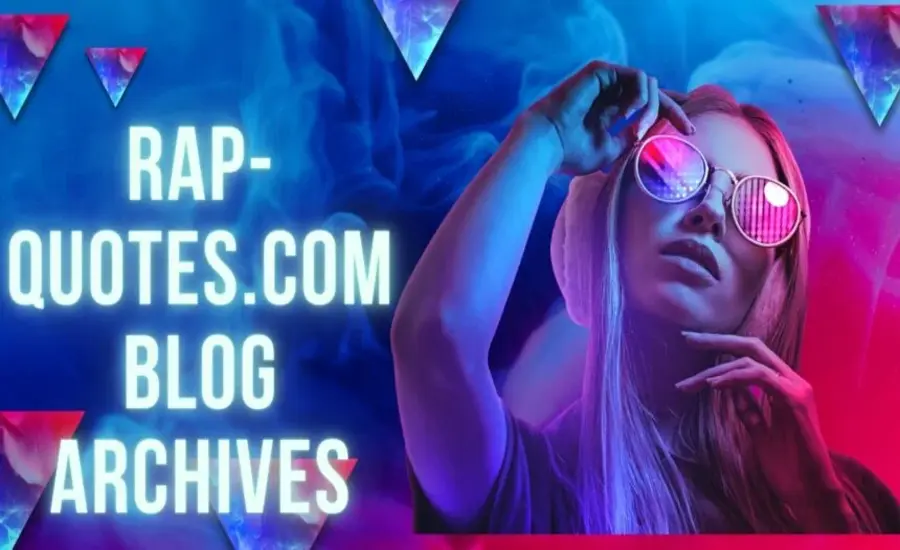
The Role of Regional Influence in Iconic Rap Lines
Hip-hop is shaped not only by personal experiences but also by regional influences. Different cities have cultivated distinct sounds and styles, from New York’s lyrical focus to the South’s trap beats. Rap-Quotes.com’s archives reveal how geography affects lyricism.
East Coast
New York, as the birthplace of hip-hop, has produced some of the genre’s most lyrically complex artists. Known for their storytelling prowess, rappers like Nas, The Notorious B.I.G., and Jay-Z use lyrics to depict life in the city, touching on themes of survival, ambition, and identity.
West Coast
The West Coast, led by Dr. Dre, Snoop Dogg, and Tupac, introduced G-Funk and gangsta rap, focusing on tales of street life. Lines from this region often reflect the grittiness and challenges of urban life, offering perspectives distinct from those found in East Coast rap.
The South
Southern rappers brought unique styles to hip-hop with the rise of trap music and crunk. Artists like OutKast and Lil Wayne incorporated rhythm and melody into their lyrics, adding another layer to hip-hop’s diversity.
Each of these regional influences contributed to iconic lines in hip-hop, as archived by Rap-Quotes.com, highlighting how location and culture shape the narratives artists bring to life.
Hip-Hop and Poetry: The Art of Wordplay
Rap lyrics are often compared to poetry for their use of rhyme schemes, alliteration, metaphors, and similes. Eminem’s “Lose Yourself” and Kendrick Lamar’s “Alright” are prime examples of how rappers weave poetic techniques into their lyrics. The archives at Rap-Quotes.com Blog Archives reveal countless examples where artists blur the lines between poetry and music, transforming rap into an art form that deserves to be studied.
Poetic Techniques in Rap Lyrics
- Rhyme Schemes: Eminem’s verses are lauded for their complexity, as he uses internal and multi-syllabic rhymes to create rhythm within his lyrics.
- Alliteration and Assonance: Jay-Z and Kendrick Lamar often employ alliteration to make their lines more memorable and impactful, crafting verses that are as rhythmically compelling as they are meaningful.
These techniques elevate hip-hop lyrics to a form of poetry that can be studied and appreciated for its literary merit, demonstrating how rap’s connection to poetry goes beyond surface comparisons.
Conclusion:
Rap-Quotes.com Blog Archives stands as a valuable resource for hip-hop fans, historians, and students of culture. By archiving iconic rap lines, the site not only preserves these words but also the impact they’ve had on society and the individuals who listen to them. Hip-hop is more than just music—it’s a force that has continually reshaped culture and pushed the boundaries of creative expression. Through understanding the significance of these lyrics, we gain a deeper appreciation for the artistry and social impact of hip-hop.
Whether analyzing Public Enemy’s message of defiance or Jay-Z’s words of entrepreneurial wisdom, Rap-Quotes.com bridges generations of hip-hop lovers with the poetic voices that shape their lives. In this way, every archived lyric becomes a piece of history, a timeless echo of a movement that continues to evolve, influence, and inspire.
FAQs:
Rap-Quotes.com is an online archive that catalogs iconic rap lyrics, analyzing their meanings, cultural impact, and historical context within the hip-hop genre. The site provides an in-depth look at how hip-hop lyrics have shaped music and society.
You’ll find blog posts, articles, and analyses that explore legendary rap lines, profiles of influential hip-hop artists, and examinations of the genre’s history. Each entry dives into the stories behind famous lyrics and their significance in hip-hop culture.
Rap lyrics are central to hip-hop because they express the struggles, triumphs, and lived experiences of the artists and communities they represent. Iconic lines often address themes like social justice, identity, resilience, and personal ambition, making them more than just entertainment but also voices for change.
Yes, Rap-Quotes.com explores lyrics from various subgenres, including gangsta rap, conscious rap, trap, and more. Each subgenre offers a unique perspective, and the site covers these differences to showcase hip-hop’s diversity.
Rap-Quotes.com typically has its selection process, but some sections allow fans to suggest lyrics they would like to see analyzed. Check the website’s submissions or contact page for details on how to make recommendations.
Yes, Rap-Quotes.com Blog Archives covers both classic and modern rap lyrics, offering analyses from the genre’s beginnings in the 1970s to today’s latest hits, helping fans see the genre’s evolution.

